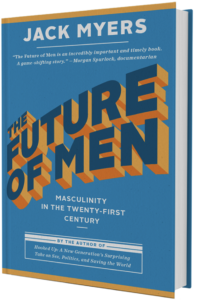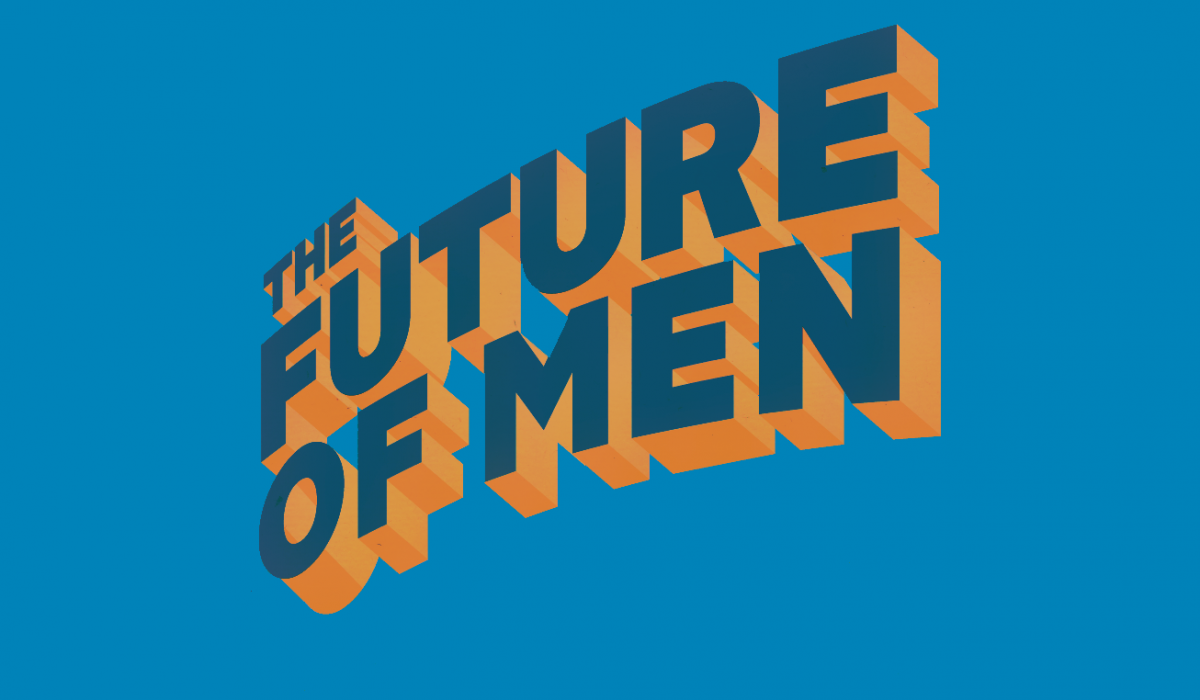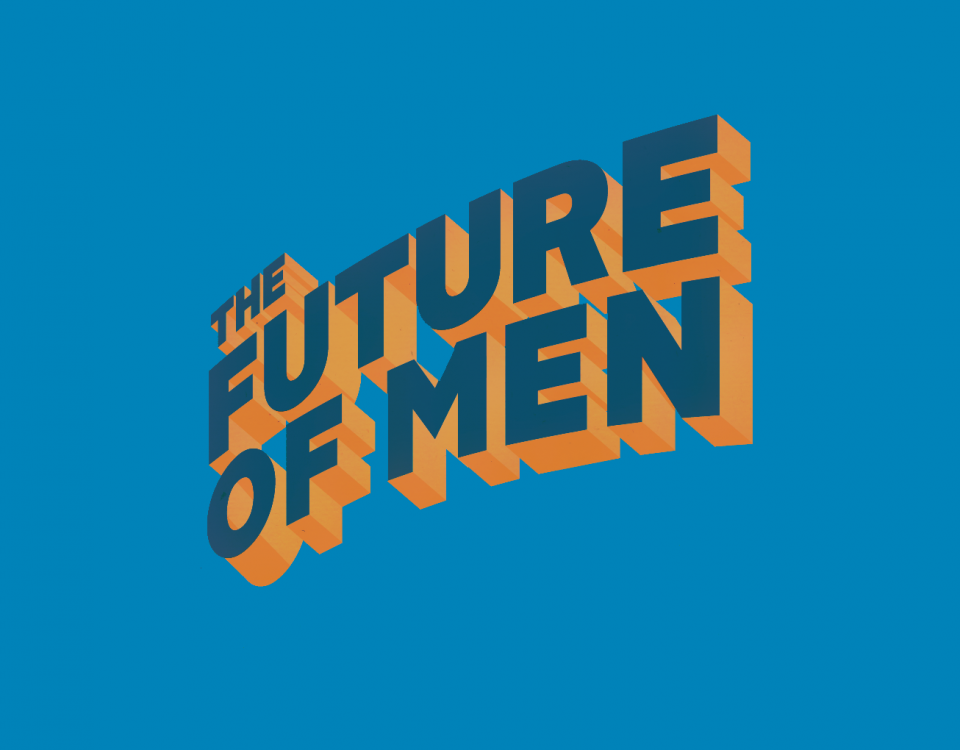Why I Believe in The Future of Men Movement
 The male gender as a whole is inflicted with an inbred sense of power and dominance over women that has existed since the caveman; there is compelling evidence, however, that the shift towards female power is far more pervasive than we realize, and that male dominance is quickly fading. It’s becoming very apparent that the future of men will be increasingly defined, dominated, and controlled by women. The short and long-term impact on society, culture and business of this transformation is positive. The impact on men, and especially young men who have grown up in the post-Internet era, demands that we explore and foster understanding of the new realities they are confronting.
The male gender as a whole is inflicted with an inbred sense of power and dominance over women that has existed since the caveman; there is compelling evidence, however, that the shift towards female power is far more pervasive than we realize, and that male dominance is quickly fading. It’s becoming very apparent that the future of men will be increasingly defined, dominated, and controlled by women. The short and long-term impact on society, culture and business of this transformation is positive. The impact on men, and especially young men who have grown up in the post-Internet era, demands that we explore and foster understanding of the new realities they are confronting.
In my book The Future of Men I share perspectives on the future of men and how they are impacted and responding, as women emerge from centuries old cocoons and, like butterflies, soar to new heights.
Throughout 2012 and 2013, I toured the country speaking about the first generation of students to grow up with the Internet, born 1990-1996 – the Millennial “bridge” generation I discovered and researched for my book, Hooked Up: A New Generation’s Surprising Take on Sex, Politics, and Saving the World . When I shared the statistics on female vs. male college enrollment (60% vs. 40%) and explained why these young Internet Natives, especially women, were a powerful and positive force to be reckoned with, the most common audience question was “What’s happening to men?”
This question led me to a much deeper exploration into the emerging female power class and into the major trends and influences impacting men: how they are reflected in society, culture, business, politics, media, and advertising – and the implications for both men and women as this shift in control and dominance transforms roles and relationships.
As I wrote the book, I recognized how our society, culture, companies, and lives are permeated by inappropriate sexual behavior, sexism, misogyny and pornography – and how accepted this behavior has become. I listened with more awareness as my male colleagues engaged in obviously inappropriate sexual banter and behavior, none of them considering that it was dangerous, painful, destructive, and offensive.
I also recognized an emerging cultural backlash in the media and among both male and female organizations that is polarizing gender issues, and creating more distance between men and women rather than building healthier relationships and seeking a path toward mutual respect and understanding. It became apparent that as society appropriately focuses growing attention on women’s equality and issues, young men need an advocate and support as they navigate the challenging and confusing new world that the growing success of the women’s movement is creating.
We are in the midst of a dramatic metamorphosis of relationships, parenting, business, entertainment, sports, marketing, advertising, education, politics, and human communications. The positive impact on women in each of these cultural, societal and business sectors is clear; the impact on men is far less clear. As I confronted the following questions, which I explore in The Future of Men, I also realized the need for a simple movement, led by men and women, LGBTQ and straight, that that gives young men the confidence to discover their purpose and their place in the future.
- Where have all the men gone?
- Why is the era of the dominant male ending?
- Who are the ‘real men’ of today and the future?
- What is the future of relationships and sex, business, politics, education, media, and marketing?
- Where are we heading as a society, and how can we help men, especially young men and boys, find a path toward healthier relationships and self-awareness, and ultimately become more functional and happy?




